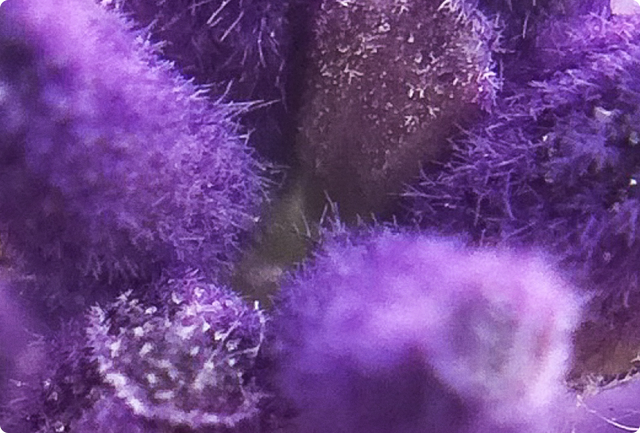About the Oil
Vetiver essential oil is distilled from the roots of Vetiveria zizanioides, a hardy grass native to India and widely grown in tropical climates. Its rich, smoky, earthy scent is a signature of its grounding power. Often called the “Oil of Tranquility,” vetiver has been used for centuries to steady the mind, support the body, and promote calm.
Why You Would Use the Oil
Vetiver is an excellent choice when you’re looking for:
· Strong, natural pain relief, especially for chronic or inflammatory discomfort
· Deep nervous system support, helping ease tension and overstimulation
· Better quality sleep through nervous system regulation
· Sharper focus and attention, especially during stress
· Relief from anxiety and physical restlessness
· Support for recovery, particularly where inflammation or oxidative stress is a concern
Clinical Findings
| Study | Participants & Duration | Key Results | Reference |
| Pain Relief in RA Patients |
10 elderly participants with rheumatoid arthritis; 5-day topical vetiver therapy |
Significant reduction in pain intensity post-intervention (p=0.005) | Alfiyansah et al., 2023 |
| Pharmacological Review |
Literature review across human data and cell-line studies |
Found antioxidant and anti-inflammatory effects of vetiver essential oil |
Zahoor et al., 2018; Grover et al., 2021 |
Behind the Science (Made Simple)
Vetiver works by helping your body reset and restore—offering deep support where stress, inflammation, and pain often intersect.
· Joint comfort In clinical studies, topical vetiver has shown measurable pain reduction in people with chronic joint inflammation.1
· Fights Cell Damage It helps protect your body from damage caused by stress and pollution.3
· Works across multiple systems: Its broad effects make it a powerful ally for both emotional calm and physical resilience.2,3
· Fights oxidative stress: It supports cellular health by encouraging the body’s antioxidant systems—helping to repair and protect tissues under strain3
· Anti-inflammatory Properties: The oil inhibits pro-inflammatory cytokines (e.g., IL-1β, TNF-α), suggesting its usefulness in managing inflammatory conditions such as arthritis.3
How and Where It Grows
Vetiver grows best in hot, humid climates and is commonly found in India, Indonesia, Haiti, and parts of Africa. Its deep, tangled root system anchors it to the earth—and these very roots are where its potent essential oil is found. After harvest, the roots are steam-distilled to extract a thick, amber-colored oil rich in active plant compounds.
Use in Ancient Medicine
Vetiver has been part of Ayurvedic, Southeast Asian, and African healing traditions for centuries. Traditionally, it was used to cool the body, calm the mind, and clear heat from the system—both physically and emotionally. Often infused into oils, teas, or used in bath rituals, it supported everything from joint comfort and skin healing to sleep and spiritual grounding.
Symbolism
Vetiver symbolizes stability, endurance, and restoration. Just as its roots weave tightly beneath the earth, its energy is known to anchor the body and mind—especially during times of emotional upheaval or physical recovery. It’s seen as a protective force, reconnecting people with a sense of safety and wholeness.
INFORMATION provided is intended for informational purposes only and is not meant to diagnose, treat, cure, or prevent any disease. Statements have not been evaluated by Health Canada or the FDA. Please consult a qualified healthcare provider before using essential oils for therapeutic purposes.
References
1. Alfiyansah, R., Ramdani, H.T., & Sutrisno, T. (2023). Vetiver Root Oil Therapy's Effectiveness in Reducing Pain in Elderly Patients with Rheumatoid Arthritis. Jurnal Penelitian Pendidikan IPA, 9(11), 9142–9148. https://doi.org/10.29303/jppipa.v9i11.5183
2. Zahoor, S. et al. (2018). Review of Pharmacological Activities of Vetiveria zizanoide (Linn) Nash. Journal of Basic & Applied Sciences.
3. Grover, M. et al. (2021). Potential therapeutic effect of Chrysopogon zizanioides (Vetiver). Environmental Science and Pollution Research.








